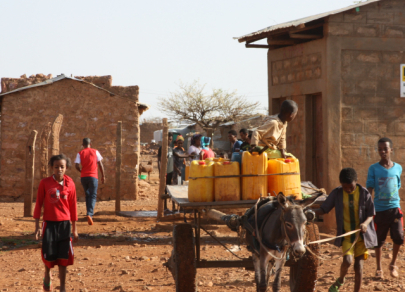FX.co ★ Five countries living behind Iron Curtain
Five countries living behind Iron Curtain
North Korea
The Democratic People's Republic of Korea (DPRK) is perhaps the most well-known among the world's closed countries. Under the leadership of the Kim dynasty for several decades, this state remains almost completely isolated from the external world. Currently, entry into North Korea is possible only on special visas, which are issued only for specific itineraries. Independent travel within the country is strictly forbidden: tourists move strictly in the company of official guides and are not allowed to interact with residents without permission.
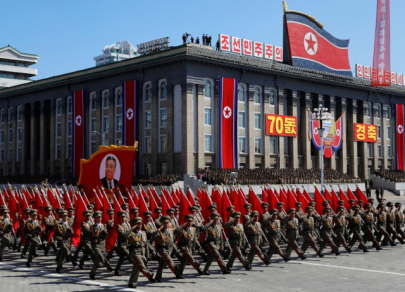
Bhutan
Bhutan, a small kingdom in the Himalayas, is famous for its philosophy of Gross National Happiness. However, entering this country is extremely difficult. The government consciously limits the number of tourists to preserve the ecological balance and cultural heritage. All foreign nationals, except for residents of India and Bangladesh, must obtain a visa before travelling to Bhutan and pay a government-mandated daily tourist fee upon arrival. This fee is quite high and varies depending on the season, making travel to Bhutan accessible only to a select few.
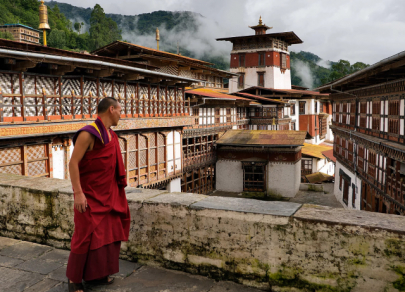
Turkmenistan
Turkmenistan is considered one of the most closed-off states in Central Asia. It has a strictly regulated visa policy aimed at limiting foreigners' access to the country. Obtaining a visa to Turkmenistan is a complex and unpredictable process that requires an invitation from the host party and approval from the authorities. Even with a visa, foreign nationals must follow strictly approved routes under the constant supervision of guides. Independent movement within the country is prohibited, and access to several regions is restricted or completely closed.
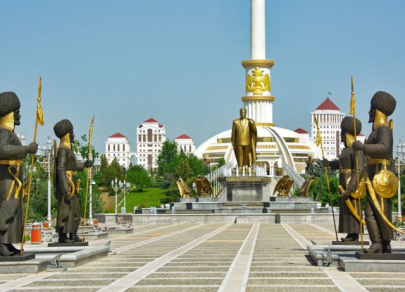
Libya
Libya, located in North Africa, is one of the most unsafe countries in the world. Since the overthrow of Muammar Gaddafi's regime in 2011, the country has plunged into a prolonged period of political jitters, accompanied by armed conflicts. In such conditions, visiting Libya has become extremely dangerous and practically impossible. Obtaining a visa to enter the country is extremely difficult, and for some nationalities, almost impossible. The few foreigners who manage to get permission are required to register with local authorities and adhere to strict security rules.
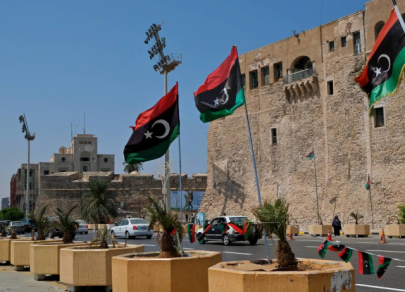
Eritrea
Under the leadership of President Isaias Afwerki, who has been in power since Eritrea gained independence in 1993, this country has become one of the most isolated in the world. Currently, entry into Eritrea is extremely difficult, especially for Western journalists and human rights advocates, who encounter a formidable obstacle to obtaining visas. Even for ordinary tourists, the visa acquisition process is fraught with numerous snags. Upon arrival in the country, travellers are under the strict control of local authorities.
